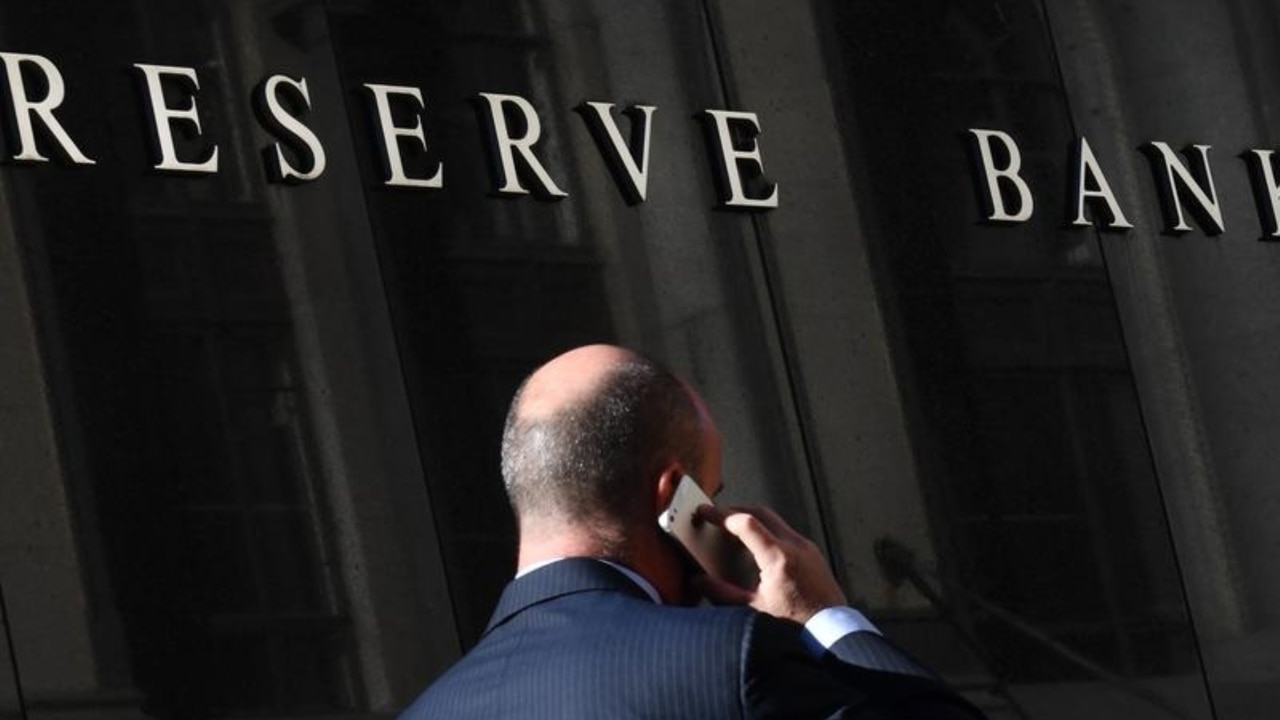Australian Unity raises $350m for healthcare expansion
The Australian Unity-run healthcare property fund has launched a major capital raising, giving it the firepower to expand further in areas like aged care and hospitals.

The Australian Unity-run healthcare property fund, which rejected a $2.8bn takeover bid two years ago, has launched a major capital raising, giving it the firepower to expand further in areas like aged care and hospitals.
Australian Unity’s Healthcare Property Trust in December bought the land and residential aged care buildings at nine sites in South Australia from residential aged care operator Bolton Clarke for $220m, and hospital portfolios are also in play.
In 2021, the trust rejected a bid from unlisted healthcare fund NorthWest Healthcare Properties, backed by Singaporean sovereign wealth fund to GIC, and since then healthcare assets have continued to rise in value.
The now $3.8bn trust reopened on Monday to raise about $350m to provide funding for upcoming acquisitions and developments and to strengthen its balance sheet by reducing gearing.
The offer includes a $150m non-renounceable rights issue offer to existing investors and a $200m general offer for new investors. The trust is the largest unlisted healthcare REIT in the country and has more than 10,000 investors, backing its portfolio of 99 healthcare-related assets across Australia.
Australian Unity general manager, healthcare property, Chris Smith, said the trust was focused on its investment objective to provide long-term, stable income for investors, with the opportunity for capital growth.
“The capital raise will strengthen the fund’s balance sheet to provide funding for upcoming acquisitions and developments” he said.
“Some of the capital will initially be used to reduce the fund’s gearing ratio which, assuming a successful raise, will decrease from 30.5 per cent to about 21 per cent.”
About 37 of the properties were independently valued in February, resulting in a net increase of $29m on their book values.
“This result highlights the resilience of the portfolio with quality healthcare properties historically coming into their own during periods of economic uncertainty,” Mr Smith said.
“There is a scarcity value that comes with investing in the fund’s top-grade portfolio — it enjoys a very high 98 per cent occupancy and its weighted average lease expiry is 16.4 years,” he said.






To join the conversation, please log in. Don't have an account? Register
Join the conversation, you are commenting as Logout